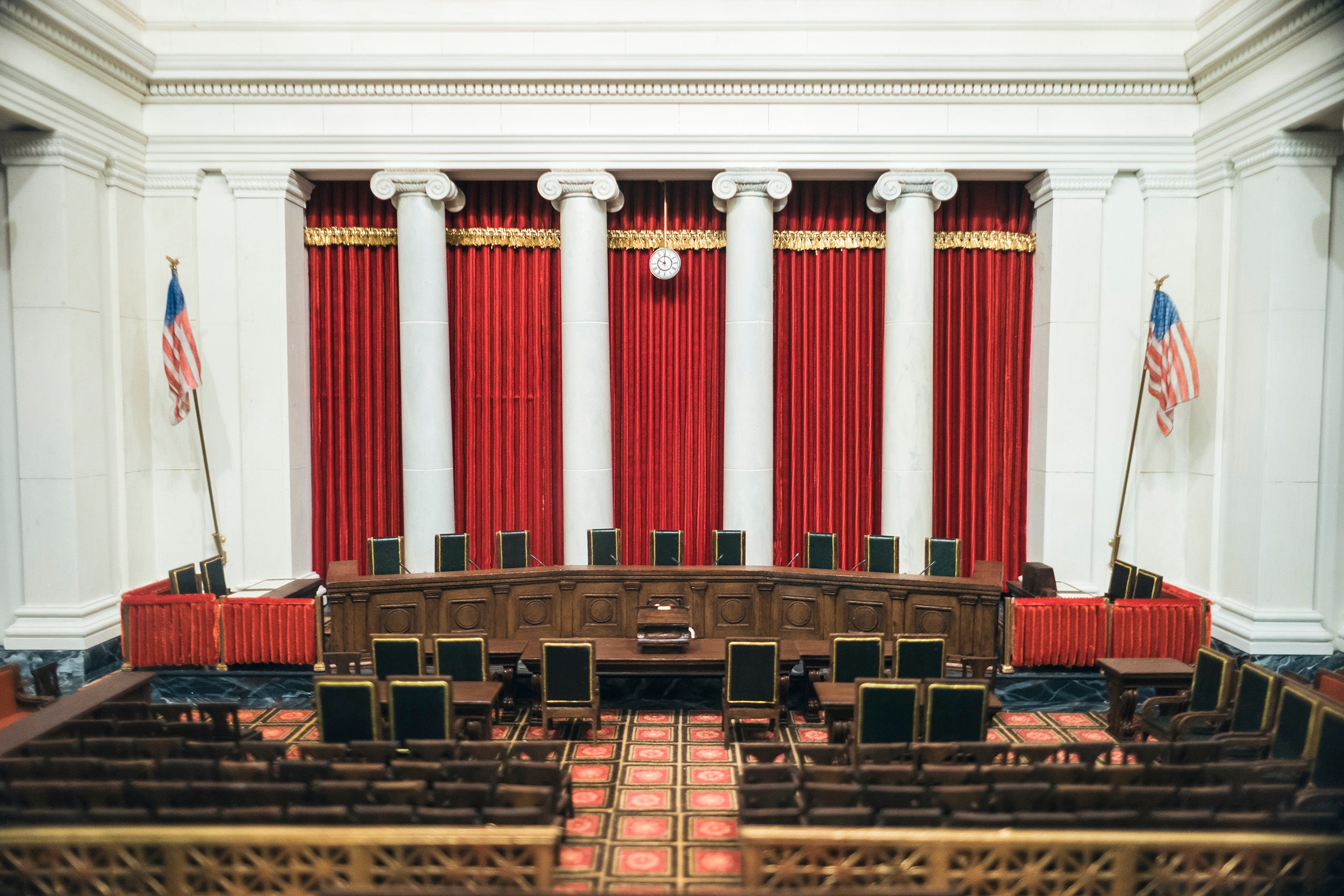Is the Supreme Court too partisan, too politicized? How might we reform it — without making things worse? Is the nation’s top judicial authority even democratic?
These questions — and more — are under consideration by a bipartisan commission of legal experts tasked by President Joseph Biden in April to study the origins of the debate around Supreme Court reform, the Court’s role in the American constitutional system, and the legality and wisdom of current proposals for reform.
As part of its analysis, the 36-member commission, 16 of whom are Harvard Law School faculty or alumni, solicited testimony from scholars across the political spectrum to weigh in on the debate.
During public meetings held on June 30 and July 20, the commission invited seven scholars from Harvard Law School — HLS Professors Nikolas Bowie ’14, Noah Feldman, Charles Fried, Michael Klarman, Vicki C. Jackson, Stephen Sachs, and Visiting Professor Rosalie Abella — to share both oral and written remarks.
On a June 30 panel about the contemporary origins of the debate around reform, Bowie, an assistant professor of law who teaches and writes about federal and state constitutional law, asked commissioners to look further into the past to understand current problems.
“The public debate over reforming the Supreme Court began at least 150 years ago when the Supreme Court held that Congress had no power to limit the spread of slavery,” said Bowie. President Abraham Lincoln disagreed with the Court, asserting that if its opinion stood Americans would cease to be their own rulers, he added. The president and Congress passed laws and constitutional amendments restricting slavery anyway, but the Court deprived them of their strength and then presided over the proliferation of Jim Crow laws, said Bowie. The Supreme Court’s shameful trajectory on civil rights was temporarily reversed in its decision in Brown v. Board of Education (1954), he said, but “for the past 50 years, the Court has resumed invalidating federal civil rights laws, tightening a chain of precedent around American democracy.”
In Bowie’s view, “the Supreme Court is an anti-democratic institution” whose main problem is judicial review. “The question presented by judicial review is not whether the Constitution should be enforced,” he told the commission, “but rather what should happen when the president, over 500 members of Congress, and four justices of the Court interpret the Constitution to permit a particular law, and yet five justices disagree and think the law is unconstitutional,” and consequently overturn that law, as was the case when the Court invalidated key pieces of the Voting Rights Act in 2013.
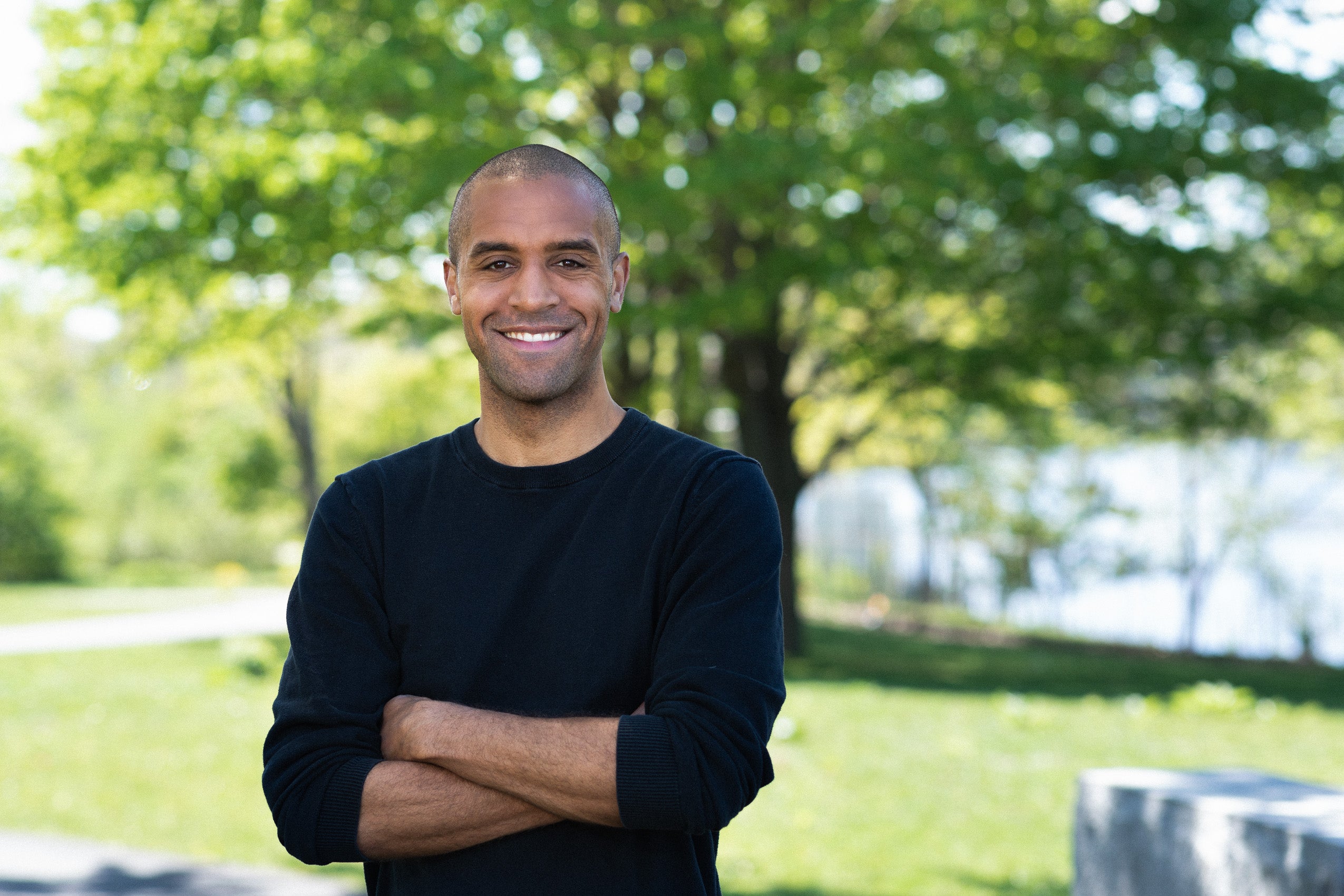
“[The commission] should advocate for reforms that will help bring democracy to our workplaces, our legislatures, and our fundamental law before we lose what democracy we have,” Bowie concluded in his written remarks.
On the same panel, Feldman, the Felix Frankfurter Professor of Law and director of the Julis-Rabinowitz Program on Jewish and Israeli Law, noted that that the present interest in SCOTUS reform stems not from an unpopular decision or set of decisions, as was the case in prior debates, but rather by a change in the unwritten norms surrounding the confirmation process for justices.
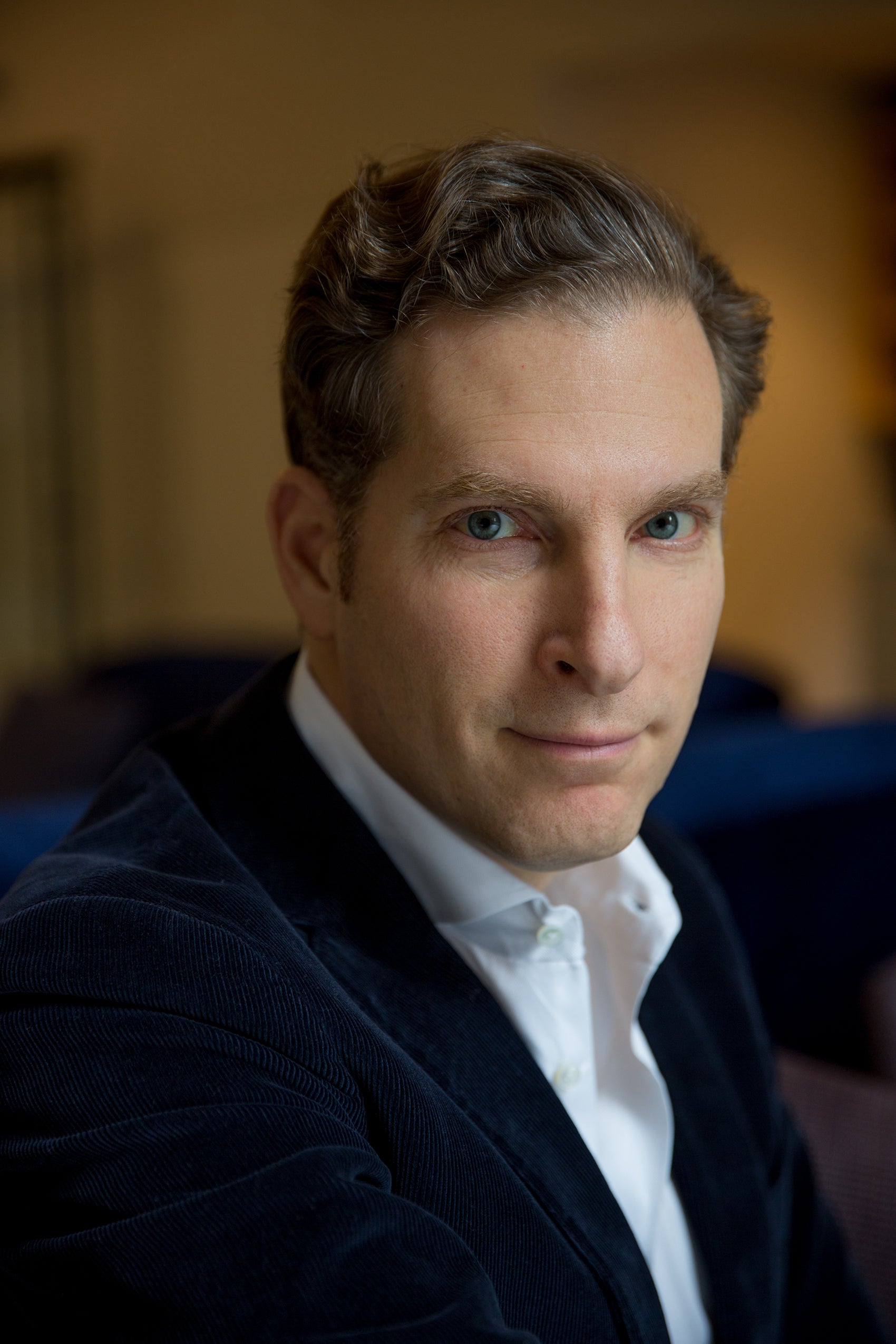
Feldman outlined what he saw as the Court’s three main roles: protecting the rule of law, ensuring fundamental rights to liberty and equality, and overseeing the democratic process. Although the Court “has not always gotten it right,” he said, “as the Supreme Court has evolved, it has become an integral and irreplaceable constitutional institution within the framework of our constitutional democracy.”
Because of this critical role, Feldman said, the question in front of the commission should be whether “under our current circumstances, weakening our Court through substantial reforms — and I have in mind court packing and most forms of jurisdiction stripping — would enhance or undermine the institutional legitimacy of the Court, which legitimacy enables it to fulfill these functions.”
Feldman said his view was that such reforms would be “disastrous,” and that “we should not assume that other unspecified institutions would emerge to cover the functions of protecting the rule of law, ensuring fundamental rights, and overseeing the democratic process.”
According to Charles Fried, Beneficial Professor of Law, who offered written testimony on the Court’s function in American’s constitutional system, the judiciary “is revered … because it is viewed as the guarantor of the rule of law, and it embodies the notion that we are subject to law and not to any passing political regime.”
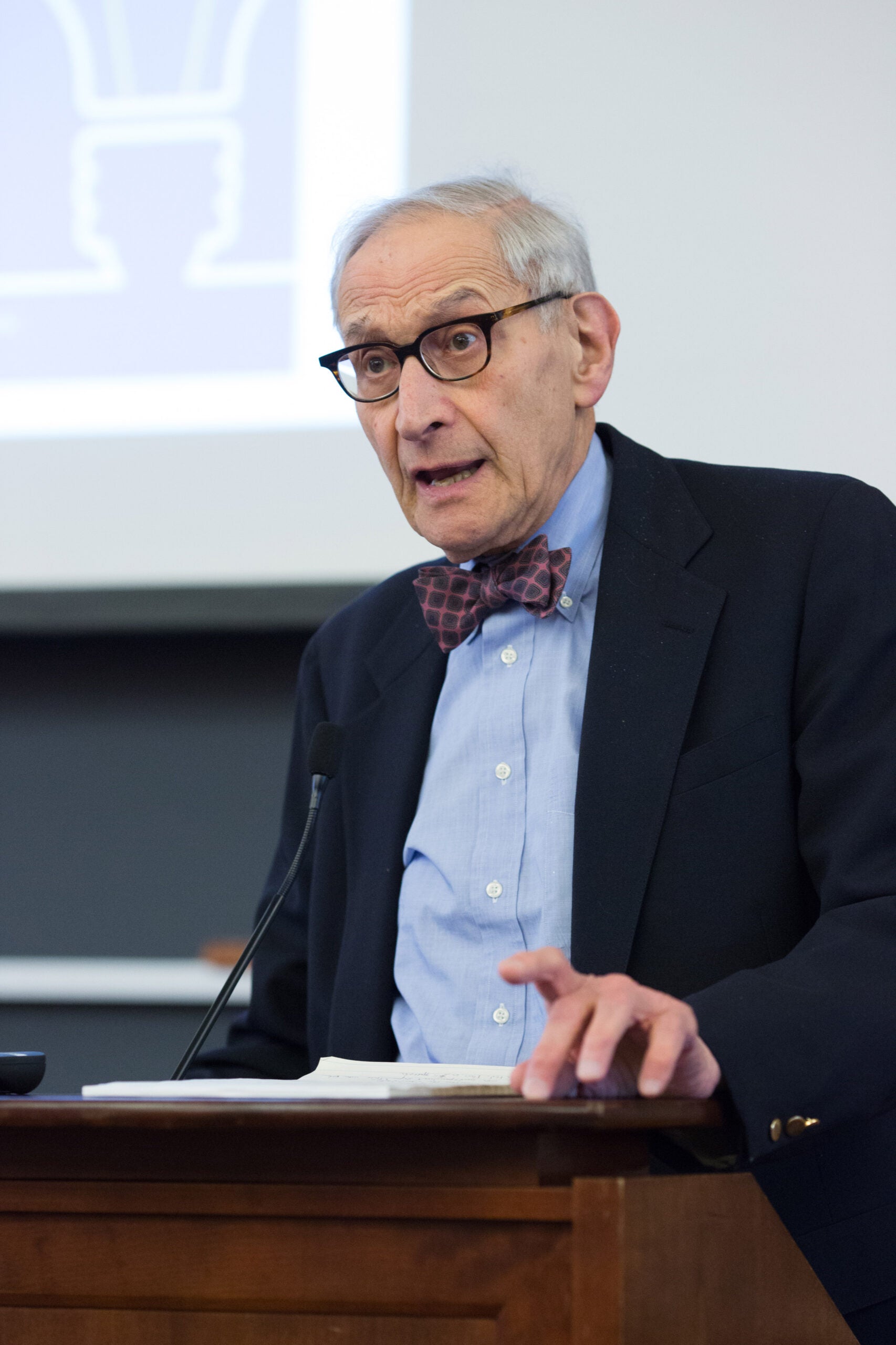
Fried, who served as U.S. solicitor general under President Ronald Reagan, acknowledged that the confirmation process has become more contentious and the public has increasingly begun to view it through a partisan lens, even though the judiciary still “enjoys the highest public regard of all the organs of government.”
Fried recommended reforms that “would limit justices to one non-renewable 18-year term, with nominations to be staggered in such a way that each president would have two appointments during each term.” This way, he wrote, the stakes for each confirmation would be lower, and there would no longer be an incentive to nominate younger and younger justices.
Speaking on a July 20 panel about the Court’s composition, Michael Klarman, Charles Warren Professor of American Legal History, struck a more urgent tone, detailing what he saw as an immediate threat to American democracy by the GOP, the Court’s contributions to that problem, and why he advocated for court expansion.
Over the course of four years, said Klarman, President Donald Trump degraded long-accepted norms by attacking the press and judicial independence, politicizing the Justice Department, delegitimizing elections, refusing to commit to a peaceful transfer of power, and more. And, as Klarman put it in his written testimony, “to the astonishment of at least half the nation, the Republican Party proved overwhelmingly complicit with Trump’s authoritarian bent,” refusing to reign in his behavior or hold him accountable through oversight or impeachment. Even after initially condemning the January 6 Capitol riot, said Klarman, Republicans have largely “reassessed their position,” “fix[ing] upon a strategy of minimizing the violence … insisting that many of the demonstrators were ‘Antifa,’ rather than Trump supporters, and denying that Trump bears responsibility for the attack.”
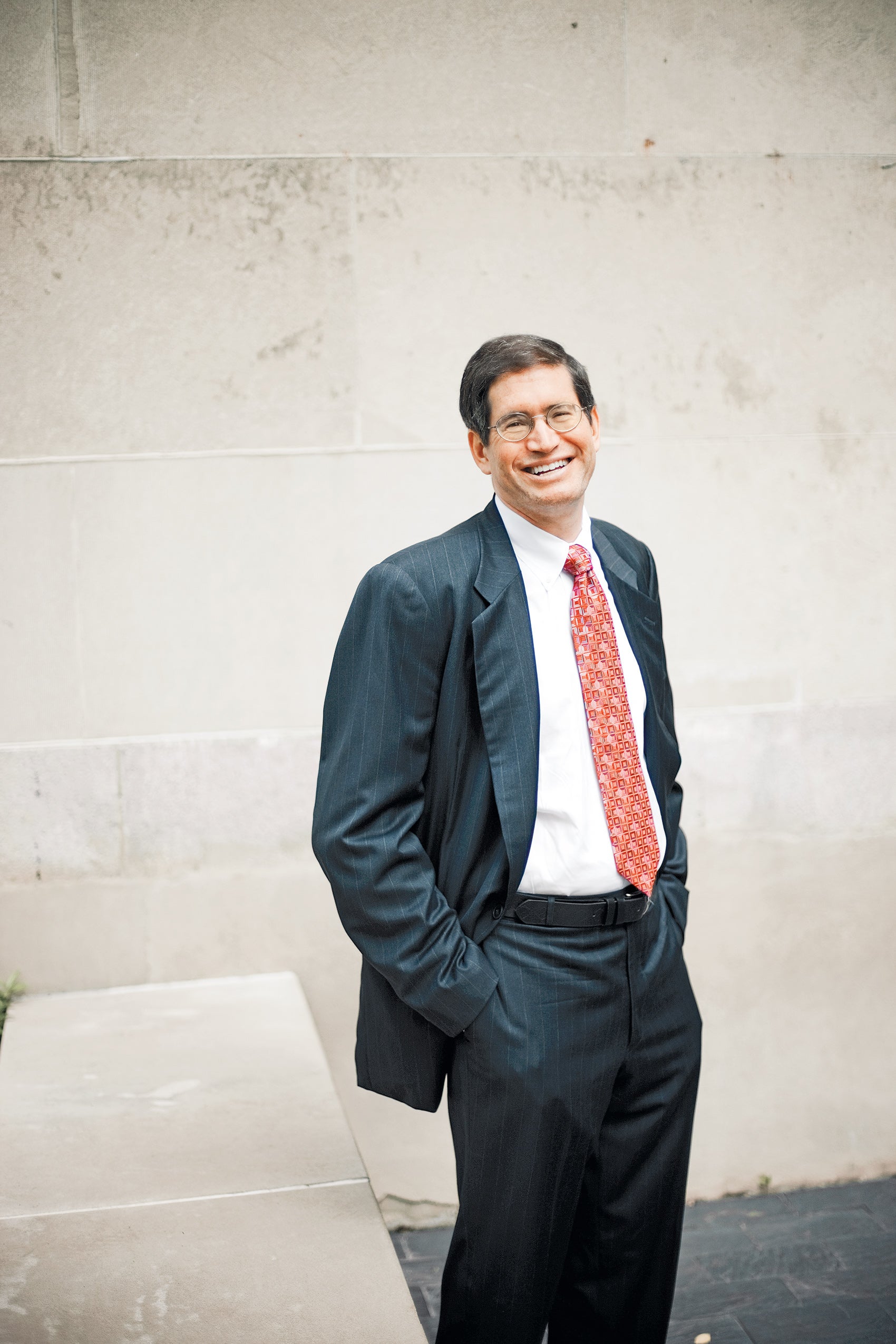
Klarman insisted that these issues were not new, and that since at least 2000, state legislatures have tried to restrict voting and solidify political advantage through partisan gerrymandering. Worse, he said, the Supreme Court has furthered these GOP political advantages over the years, nullifying the Voting Rights Act’s preclearance provision, upholding voter purges, and making it difficult to prove racial discrimination in redistricting efforts. Klarman added that SCOTUS had also “unleashed money in politics,” enabling the wealthy to influence political outcomes and block widely popular policies like paid parental leave and a higher minimum wage. From Klarman’s perspective, the best way to address these crises is to expand the Court to “defend democracy.”
Also testifying on July 20, Vicki C. Jackson, Laurence H. Tribe Professor of Constitutional Law, shared her expertise on term limits. Jackson believed it was time to revise justices’ unlimited tenure on the Court for three major reasons. First, she said, many other countries and most U.S. states have term limits or mandatory retirement ages for their judges. And, as people live longer, “some of the disadvantages of indefinite tenure – of judges remaining in office even though their health is failing, and for very long periods of time, blocking new appointees – may be becoming more likely to occur,” wrote Jackson in her submitted testimony.
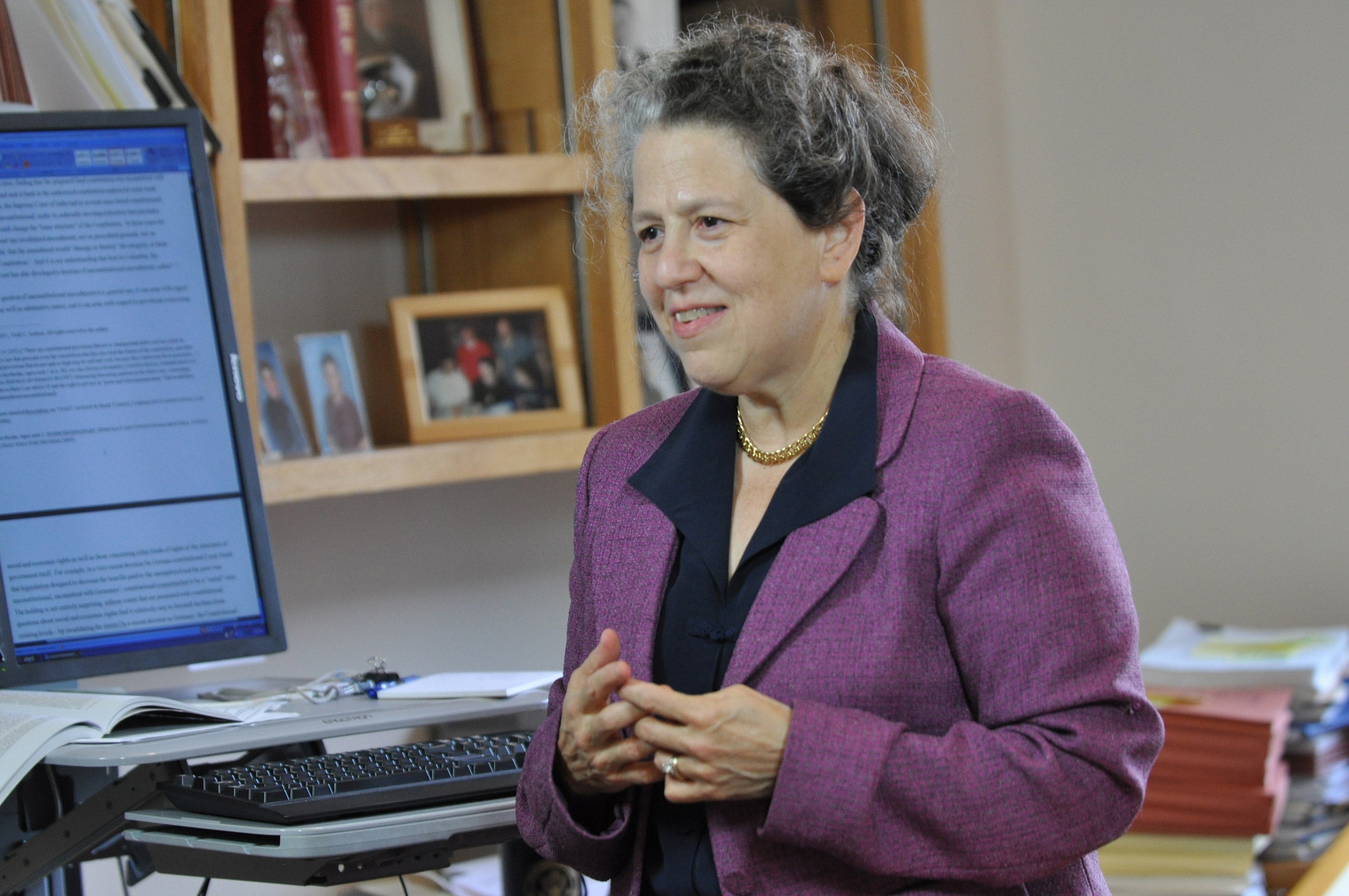
Secondly, “there is a troubling gap between public voting in national elections, and which party’s presidents have appointed members of the Court,” taking away indirect democratic input on SCOTUS’s makeup — one of the reasons for the Court’s legitimacy, according to Jackson. As an example, she contrasted President Carter’s zero Supreme Court appointments with President Trump’s three.
Finally, she said, “constitutions are supposed to provide a framework for peaceful resolution of disputes. Losers — of elections, of court cases — accept the results because they trust the overall fairness of the system.” But, Jackson said, the Court’s current structure may “contribute to doubts about overall fairness.”
Like her colleague Fried, Jackson’s suggested reforms included an 18-year nonrenewable staggered term which would provide for two appointments during each four-year presidential term, a change she said might require a constitutional amendment to achieve. Alternatively, a less effective — but perhaps more achievable by statue — proposal, said Jackson, would be to allow each president to appoint at least one justice every four-year term, with the Court’s size floating up or down as needed. Jackson also pointed out that mandatory retirement might pose constitutional problems, “given the weight placed on permanency at the framing.” Instead, Jackson suggested, pension boosts could be used to incentivize earlier retirement among justices.
On another panel, Stephen Sachs, Antonin Scalia Professor of Law, cautioned commissioners to think deeply about how proposed reforms could impact not only the Court’s ability to make judgements, but also the public’s perception of it.
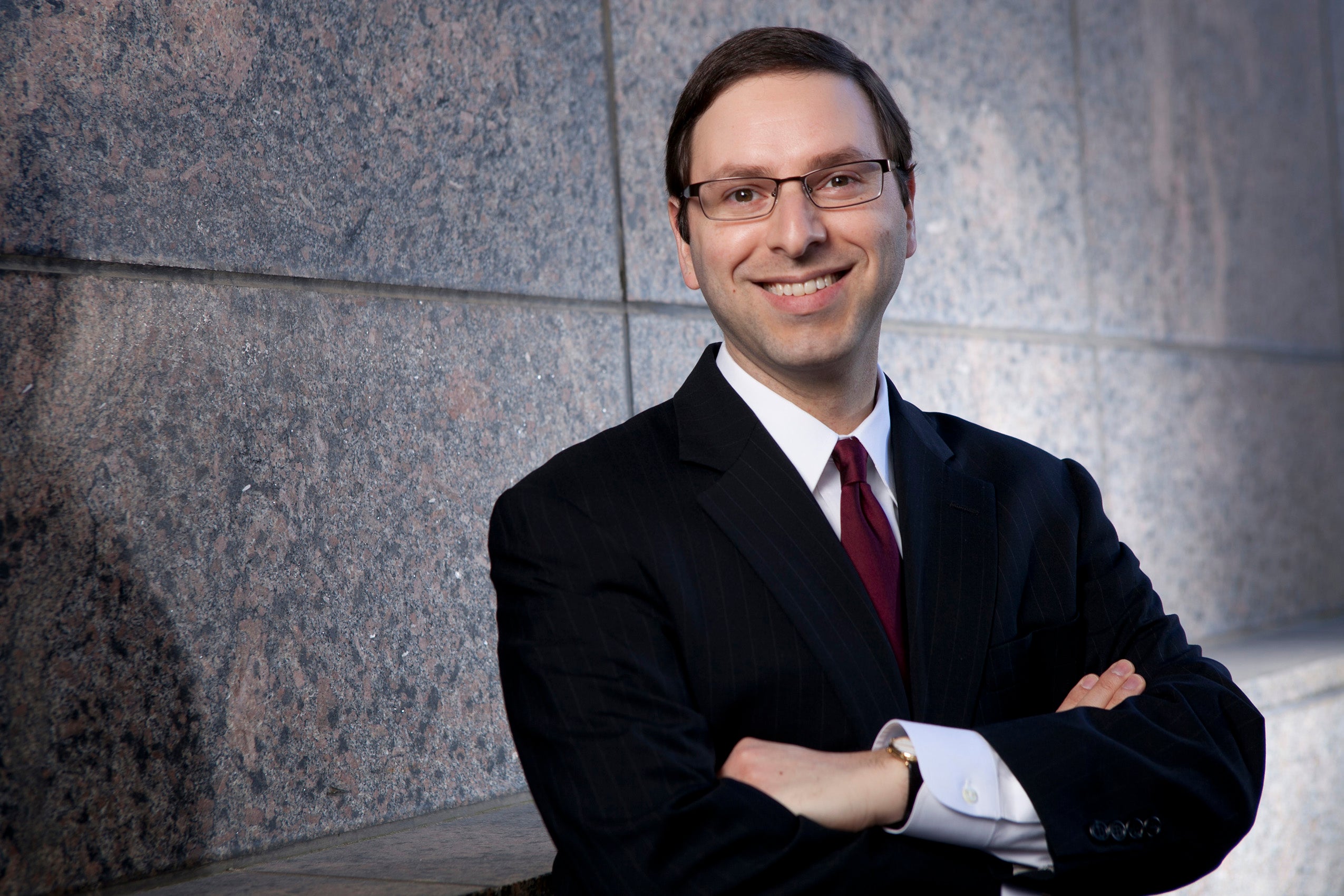
“In considering reforms … preserve judicial independence,” implored Sachs, adding that the Court’s job is to apply cases before it and enforce the limited powers of each governmental branch.
Next, “put politics in its place … If you want a less political judiciary, you need a more political amendment process,” he said. In other words, “move political fights out of judicial conference rooms, and into state houses and the halls of Congress. … A Court that can get away with constitutional amendment on the cheap … is always going to be a target for partisan capture.”
Finally, warned Sachs, “beware unforeseen consequences” of many proposed reforms. “It is much easier to build than to destroy. Traditions of judicial independence that we have built up over time can be demolished much more quickly than one might expect,” he said.
“In considering potential reforms, the members of the commission have to be honest with each other and the public,” concluded Sachs, adding that Americans would see through partisan changes to the Court. “Reforms that are not perceived by both sides as enhancing the Court’s legitimacy are not going to work at doing so.”
In a final panel on July 20, Rosalie Abella, who will be the Pisar Visiting Professor of Law starting July 1, 2022, offered some closing remarks based on her experience as a justice on the Canadian Supreme Court.
Abella began by outlining what had happened since Canada adopted its Charter of Rights and Freedoms in 1982. “The addition of the charter … led to a Copernican revolution” in Canada, she said.
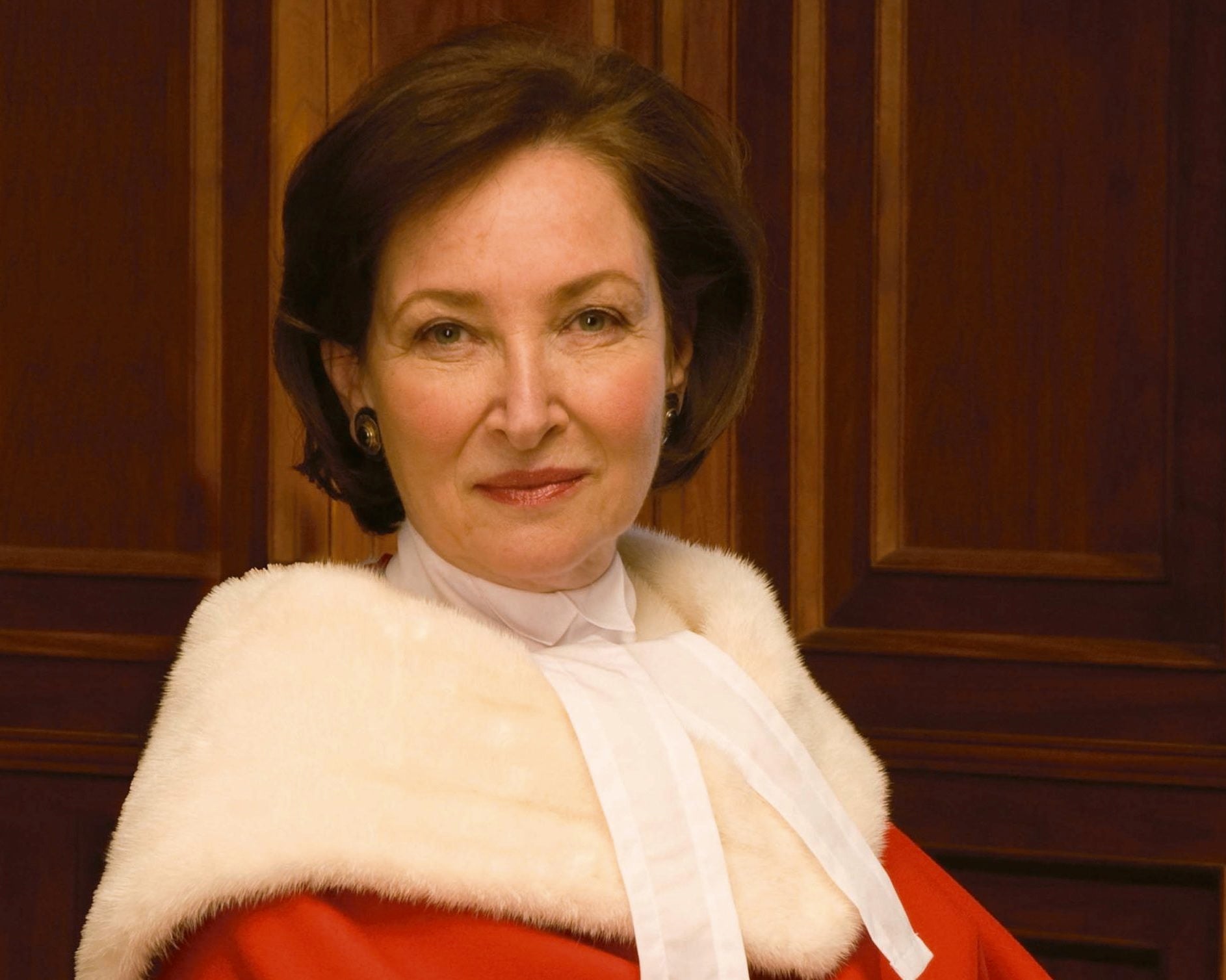
In considering its new mandate, the court was “innovative, it was bold, and it was transformative,” and committed to new values of social justice and equality, said Abella. “It adopted a theory of living constitutionalism that saw the charter’s role as growing and expanding over time to meet new social and political realities.”
The court was hugely popular among the Canadian public, she said, but also received some conservative pushback in the 1990s. But, “democracy is not – and never was – just about the wishes of the majority,” she said, adding Canadians came to understand that this commitment to the protection of rights strengthened, rather than detracted from, its democracy.
Around the world today, though, these values are in danger, warned Abella, and “if democracy and human rights are at risk anywhere, they are at risk everywhere.”
Ultimately, concluded Abella, “There can be no democracy without respect for rights, no respect for rights without respect for courts, and no respect for courts without respect for their demonstrably independent, impartial, nonpartisan, and fearless defense of democracy and rights.”
